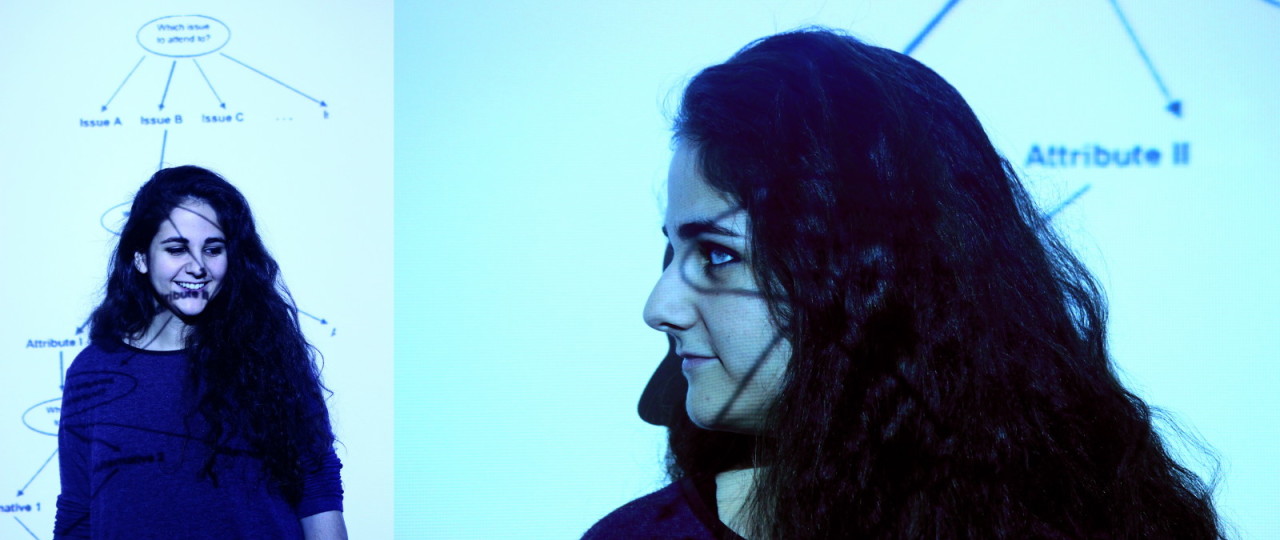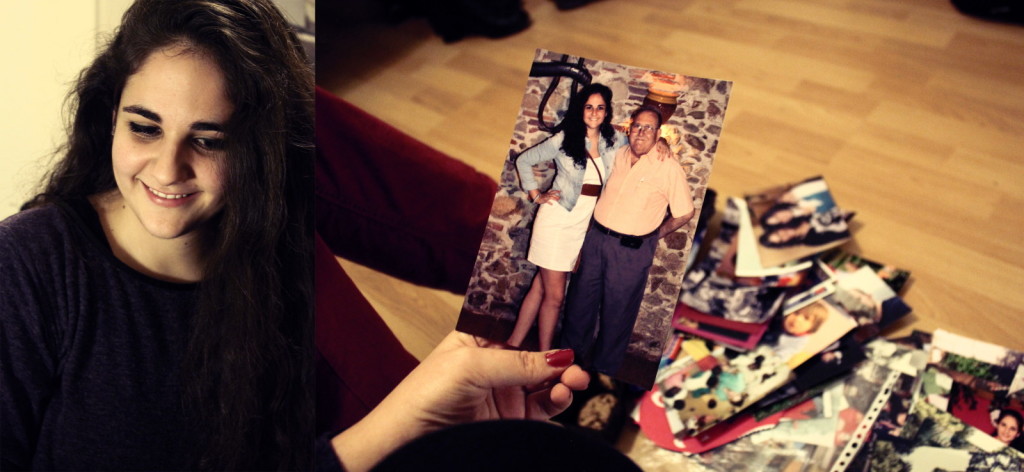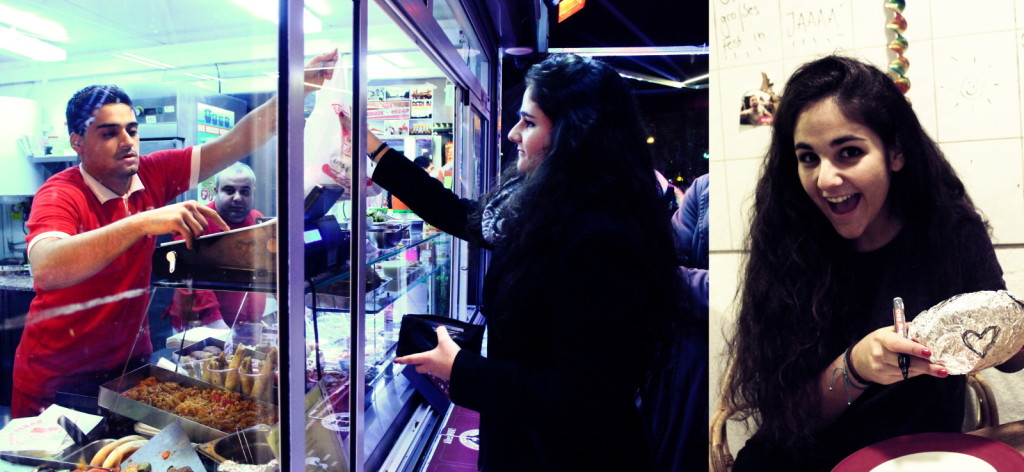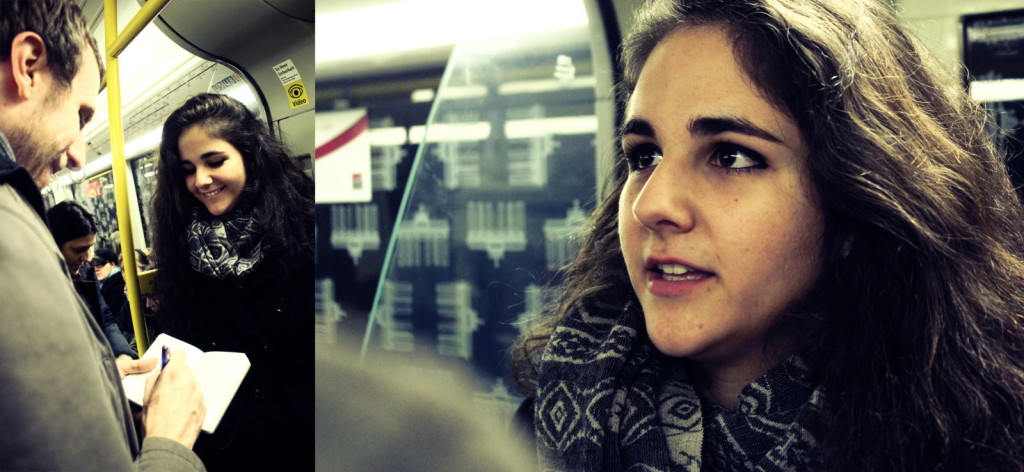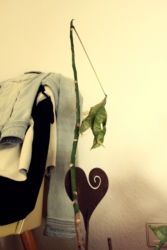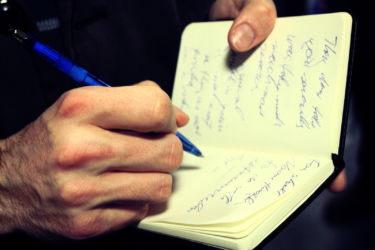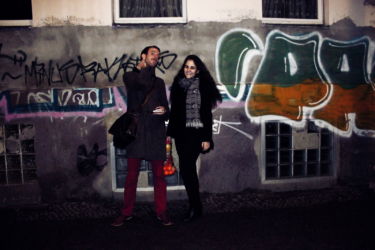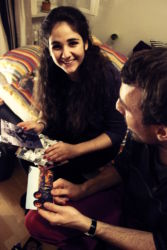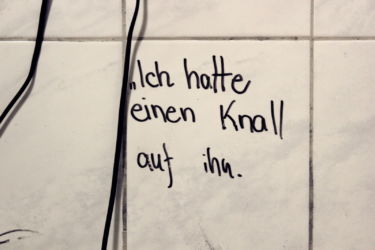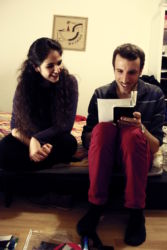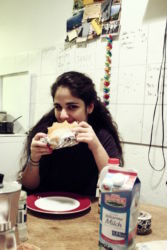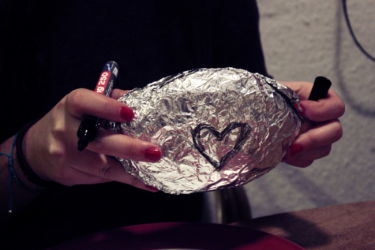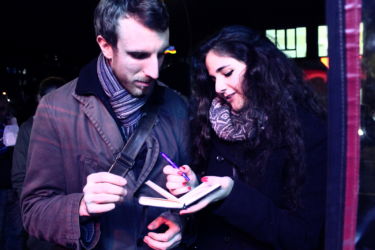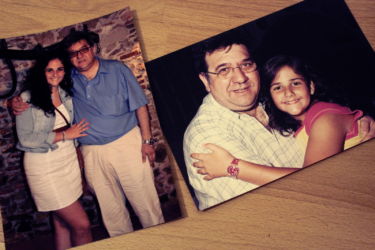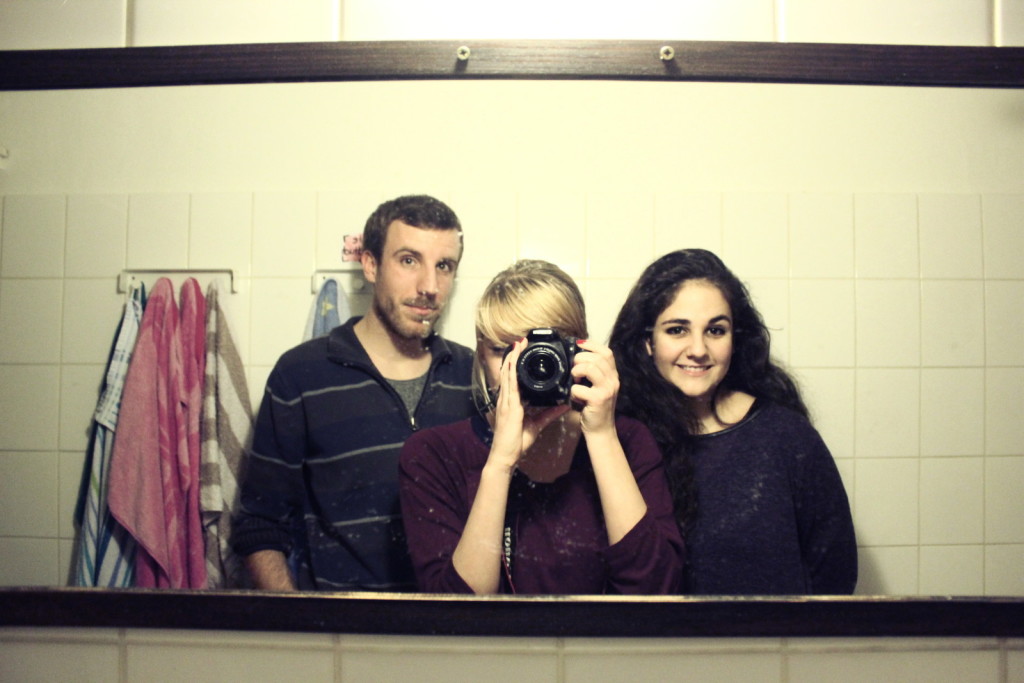Laia Garrido Angaron
Holding the wedding picture of her parents in her hand, Laia points at an old man in a grey suit. “He is such a sweetheart, no?” she says—and smiles.
We are sitting on the edge of her bed and looking at old, worn photographs, as we become admirers of Laia’s grandfather. Indeed, this gentleman with the waggish smile seems a convincing sweetheart. Chest hair has never been worn with greater dignity than under his white, unbuttoned shirt.
Growing up in Barcelona it was her father who pushed her; “He would propose activities to me and say ‘Laia, you would love this!’ ” He has often been right.
At the age of 16, she went to Nicaragua as a volunteer for Amigos de las Americas, a development NGO.
Today, 21 years old, she is the organization’s sub-director.
“I called him, and he got emotional and shed some tears. I don’t know. To me, it is a good motivation to make my father happy.”
“Neukölln is an awesome area. I love studying at Hertie on Friedrichstraße and then coming back here. It is like a reality check. Have you seen a book store around here? The only place where you can buy stuff for university is the One Euro Store.”
“I marked the vegetarian one with a ‘V’. Merry Christmas.”
“Last time,” Laia says, “it was not a ‘V’. Last time he drew a heart.”,
“My sister is disabled. I mean, she’s not. She’s got some deformations—which makes her legally disabled. But she is not.”
“I like memories. I like to have the people I love close to me. That’s why I have these pictures. But not everyday is to be remembered.”
Showing-off
Laia speaks five languages and attended schools and universities in Spain, the US and the Netherlands. She has been engaged with various volunteering projects all around the world and coordinated quite a lot, from the African continent to Central America, Turkey, and Azerbaijan—to name only a few. Before coming to Hertie, she studied international relations and development studies at the University College Maastricht. Now in Berlin, she works with other other Hertie students on a project to support rural education in Costa Rica.
Photos by Carla; text by Torben; beautiful English by Laurence.
